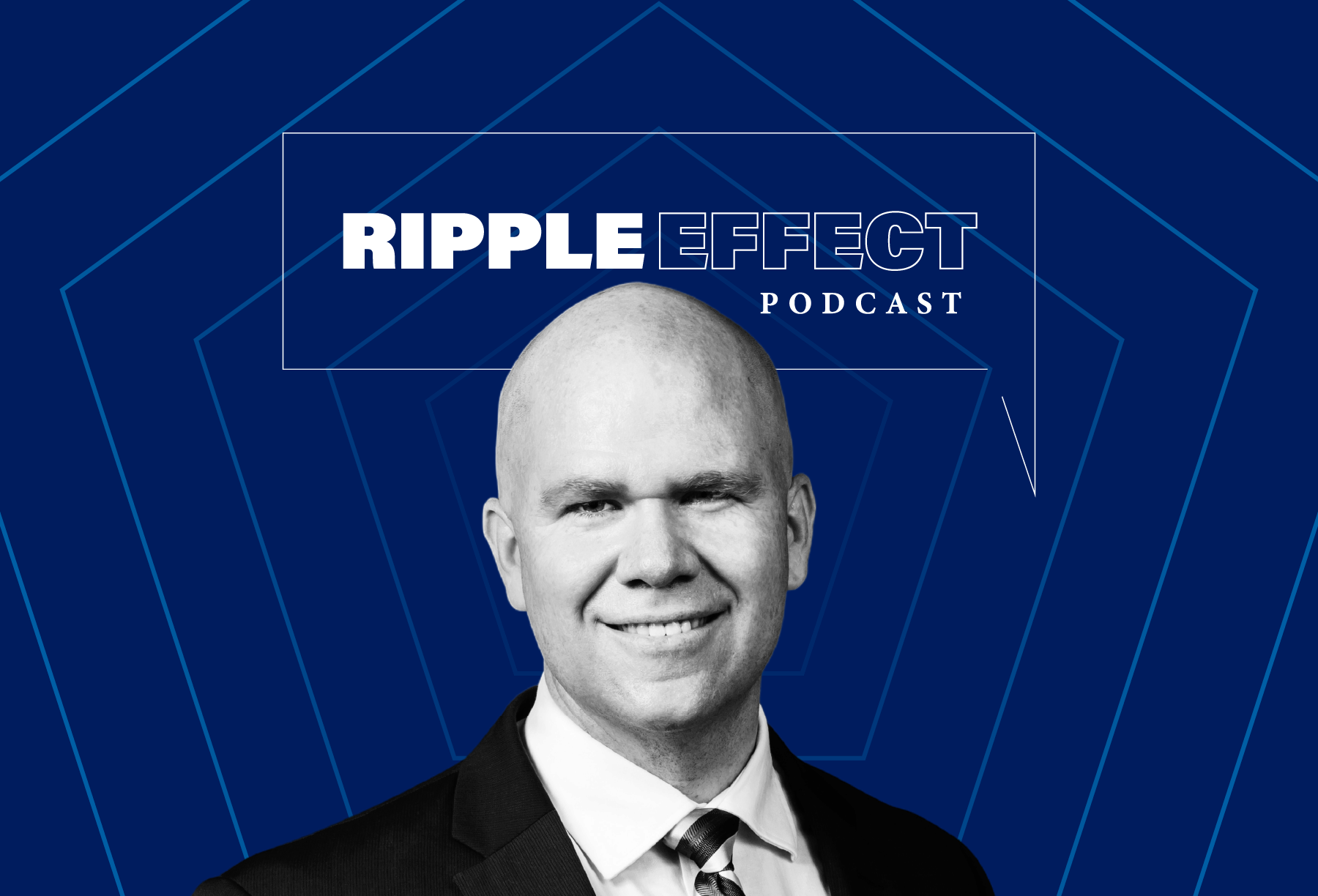Understanding Credit-Builder Loans
Understanding the financial landscape can be a daunting task, especially when it comes to loans and credit-building strategies. One of the lesser-known but highly effective tools for building or improving your credit score is the credit-builder loan. It operates differently from conventional loans and can be a powerful tool for those with minimal or no credit history, or those seeking to enhance their credit scores. So, what exactly is a credit-builder loan, and how does it work? This guide seeks to answer these questions and more.
What is a Credit-Builder Loan?
A credit-builder loan is a unique financial product designed to assist individuals in demonstrating their financial responsibility by making consistent, timely payments. Unlike traditional loans, where you receive the funds upfront, a credit-builder loan requires you to make fixed payments to a lender over a specified period. Only after you’ve completed your payments do you get access to the loan amount. The concept might seem counterintuitive, but it’s a strategic way to prove your reliability as a borrower and may be the key to a healthier credit score.
Read more about credit scores and their importance here.
How Credit-Builder Loans Work
Upon approval of a credit-builder loan, the lender sets aside the loan amount, typically around $300 to $1,000, in a certificate of deposit (CD) or savings account. You then make monthly payments, including interest, over a period ranging from six to 24 months. The lender reports your payment activity to at least one of the three major credit bureaus each month. Once you’ve completed all your payments on time, the lender releases the funds to you. Essentially, a credit-builder loan can be seen as a forced savings program with the added benefit of helping you build credit.
Impact on Your Credit History
Credit-builder loans can significantly impact your credit history. As your payment history is a key factor in calculating your credit scores, making your payments on time can have a positive influence on your credit history and improve your credit scores. However, be aware that missed or late payments can harm your credit instead.
Find out more details about the importance of a good credit history here.
Who Should Consider a Credit-Builder Loan?
Credit-builder loans are particularly beneficial for those who are ‘credit invisible’ or looking to improve their credit scores. If you have a steady income and can make regular on-time payments, a credit-builder loan might be worth considering. However, remember to factor in interest rates and annual percentage rates (APRs), as these can add costs to your loan.
Getting a Credit-Builder Loan
You can potentially find credit-builder loans at community banks, local credit unions, online lenders, and financial technology companies specializing in helping individuals build and rebuild their credit.
Here’s a list of potential lenders to consider: here.
Pros and Cons of Credit-Builder Loans
Like any financial product, credit-builder loans come with their own set of advantages and disadvantages.
Pros:
- Ease of qualification
- Potential to improve credit scores
Cons:
- High interest rates and fees
- No upfront access to funds
- Potential to damage your credit if payments are late or missed
Alternatives to Credit-Builder Loans
While credit-builder loans are a viable option for building credit, they’re not the only tool available. Here are some alternative credit-building strategies:
- Open a secured credit card
- Apply for a personal loan
- Become an authorized user on a credit card
This article provides a comprehensive comparison of these alternatives: here.
In conclusion, a credit-builder loan can be an excellent tool for building or rebuilding your credit. However, the best credit-building option varies from person to person. Therefore, ensure you conduct thorough research and make an informed decision based on your financial situation and goals. For more information on financial products and strategies, subscribe to fintechfilter.com. Stay ahead of the curve with our expert insights and comprehensive guides.






